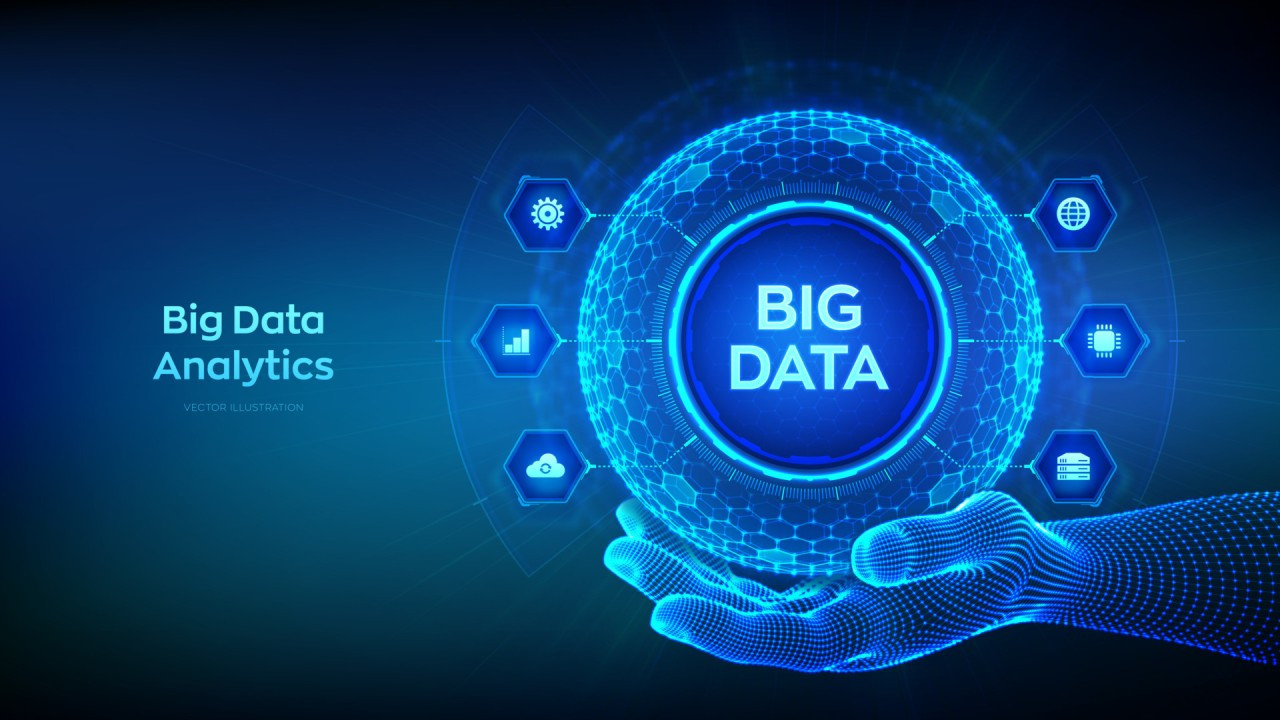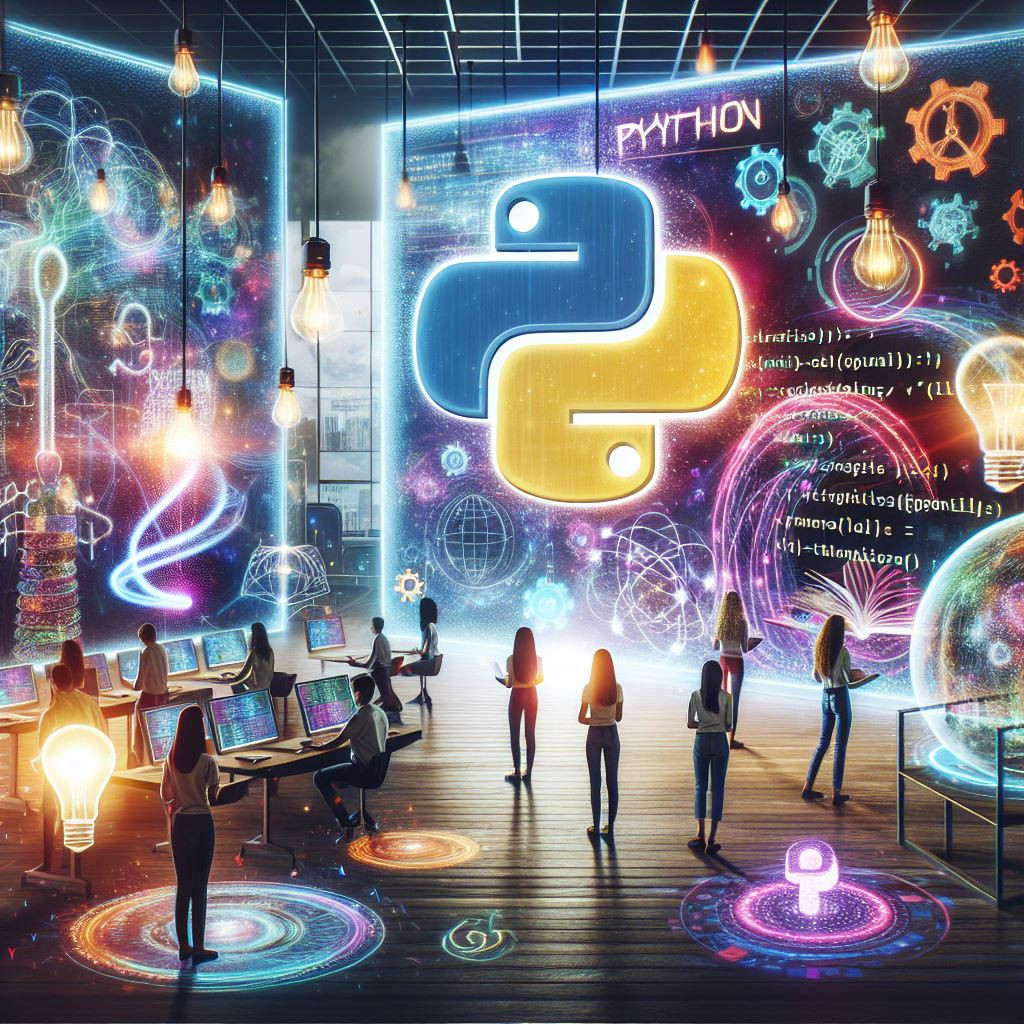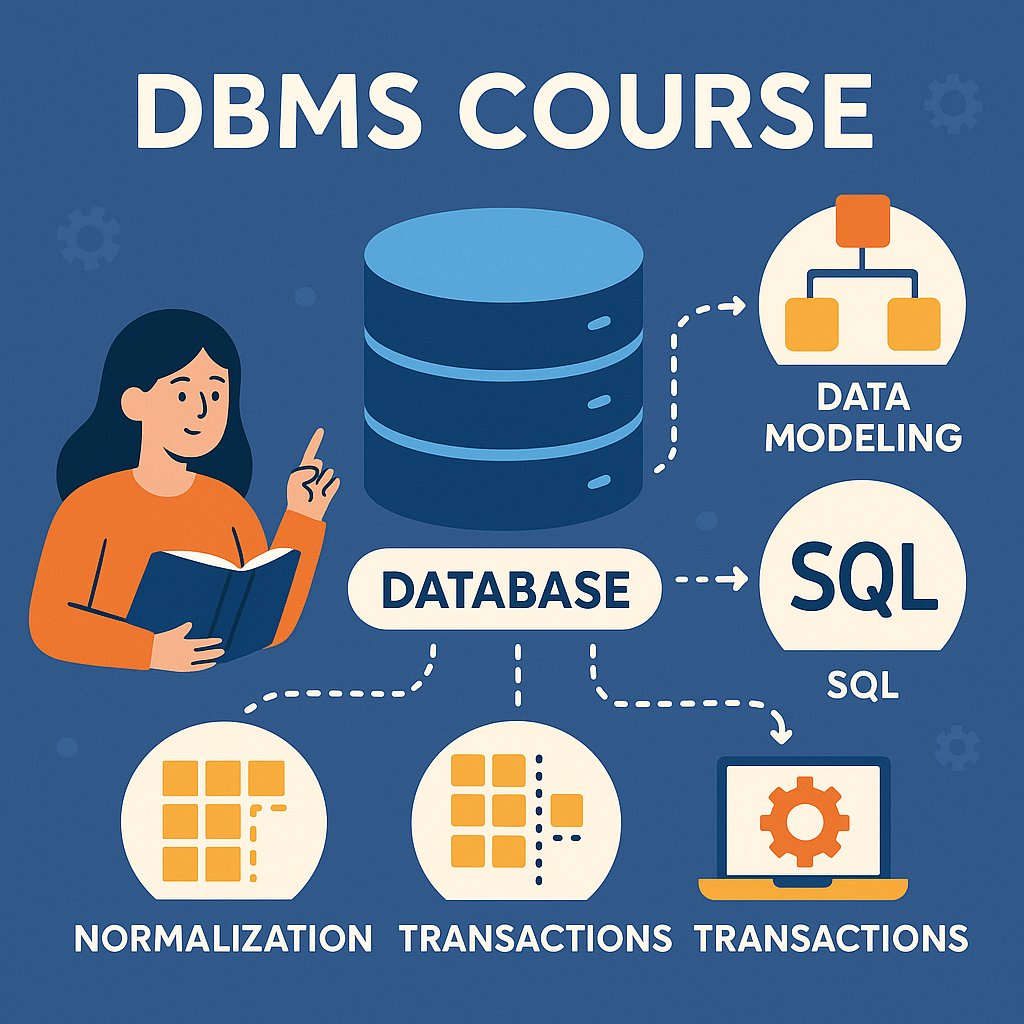
This course explores the transformative role of Artificial Intelligence in modern education. It introduces students to AI technologies that enhance learning experiences, personalize education, and automate administrative tasks. Topics include intelligent tutoring systems, adaptive learning platforms, AI-driven assessment tools, and data analytics for student performance. The course also addresses ethical considerations, data privacy, and the future of AI in classrooms. Ideal for educators, technologists, and policy makers, it empowers learners to integrate AI solutions for smarter, more inclusive education systems.
- Teacher: AADIKAVI BHANUBHAKTA CAMPUS

This course introduces the foundational concepts of Geographic Information Systems (GIS), aiming to equip students with the knowledge and practical skills needed to solve spatial problems. It covers key GIS features such as spatial data handling, map reading and interpretation, GIS data models (raster and vector), and surface representation. Students also explore pattern analysis, including network analysis, statistical surfaces, and topological surfaces. Emphasis is placed on hands-on laboratory work, allowing learners to apply GIS tools in real-world scenarios.
- Teacher: AADIKAVI BHANUBHAKTA CAMPUS

This course provides a practical and in-depth introduction to Linux system administration. It covers essential topics such as user and group management, file systems, permissions, process control, networking, and shell scripting. Learners gain hands-on experience with command-line tools and system services, preparing them to manage Linux servers efficiently. Ideal for aspiring system administrators, DevOps engineers, and IT professionals, the course emphasizes real-world tasks and troubleshooting techniques in modern Linux environments.
- Teacher: AADIKAVI BHANUBHAKTA CAMPUS

This course offers a deep dive into the world of Big Data and its analytical techniques. It introduces learners to the fundamentals of big data, its architecture, and the tools used for processing massive datasets, such as Hadoop, Spark, and NoSQL databases. The course also covers data mining, machine learning basics, and real-time data analysis, making it ideal for aspiring data analysts, engineers, and decision-makers looking to harness the power of data for strategic insights.
- Teacher: AADIKAVI BHANUBHAKTA CAMPUS

This beginner-friendly Python course offers a complete introduction to Python programming, covering everything from basic syntax and data types to advanced topics like object-oriented programming and file handling. It emphasizes hands-on learning with interactive examples and an online compiler, making it ideal for learners with no prior coding experience. The course is based on the latest Python 3.13 version and is designed to help learners build a strong foundation for careers in software development, data science, AI, and more
- Teacher: AADIKAVI BHANUBHAKTA CAMPUS

This comprehensive DBMS course introduces learners to the core principles of database systems, including data models, architecture, relational design, normalization, and transaction management. It covers essential topics such as the E-R model, relational algebra, SQL, storage structures, and concurrency control. Designed for beginners and intermediate learners, the course emphasizes both theoretical foundations and practical applications, making it ideal for students, developers, and IT professionals seeking to understand and manage data efficiently
- Teacher: AADIKAVI BHANUBHAKTA CAMPUS

This course introduces students to procedural programming concepts using the C programming language. It covers fundamental topics such as variables, data types, operators, control statements, arrays, strings, functions, structures, pointers, and file handling. Emphasis is given to practical implementation through lab work to solve real-world problems.
- Teacher: AADIKAVI BHANUBHAKTA CAMPUS
- Teacher: Maha Prasad Hadkhale